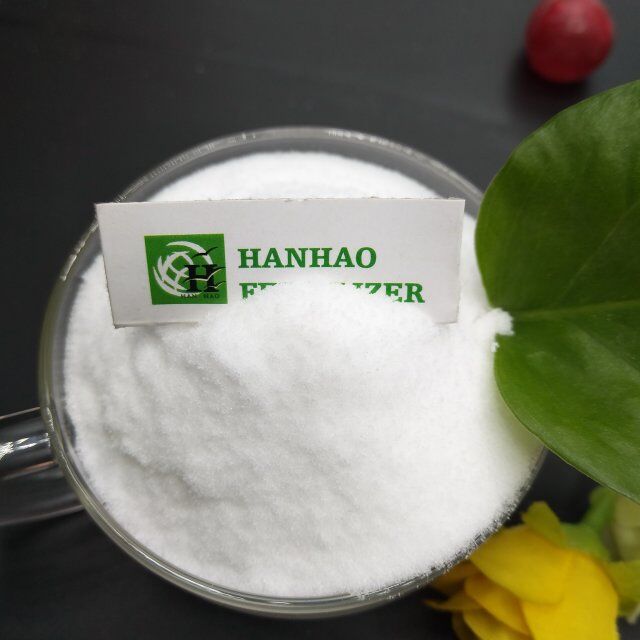
11月 . 19, 2024 14:13 Back to list
Certified Organic Nitrogen Fertilizer for Sustainable Gardening and Farming Solutions
The Importance of Certified Organic Nitrogen Fertilizer in Sustainable Agriculture
Sustainable agriculture has become a crucial approach in the modern farming industry as concerns about the environment, food quality, and health continue to rise. One of the key components of sustainable farming is the use of organic fertilizers, particularly certified organic nitrogen fertilizers. These fertilizers not only support plant growth but also promote soil health and minimize environmental impact. This article explores the concept of certified organic nitrogen fertilizers, their benefits, and their role in sustainable farming practices.
Understanding Certified Organic Nitrogen Fertilizers
Organic nitrogen fertilizers are derived from natural sources, such as plants, animals, and minerals. They provide essential nutrients that are vital for vegetative growth and overall plant health. The term certified organic indicates that these fertilizers meet strict organic standards set by organizations like the USDA or equivalent bodies in other countries. To achieve this certification, products must be free from synthetic chemicals, genetically modified organisms (GMOs), and prohibited substances, ensuring they are safe for both crops and the environment.
Nitrogen is a critical nutrient for plants, playing a key role in the synthesis of proteins, chlorophyll, and other essential compounds. It is often found in organic materials such as compost, manure, and certain cover crops. Certified organic nitrogen fertilizers can take various forms, including feather meal, blood meal, fish emulsion, and plant extracts, each contributing to a diverse approach to nutrient management.
Benefits of Using Certified Organic Nitrogen Fertilizers
1. Environmental Protection Conventional nitrogen fertilizers, often derived from synthetic sources, can lead to problems such as water pollution, soil degradation, and greenhouse gas emissions. Organic nitrogen fertilizers, in contrast, release nutrients more slowly and are less likely to leach into water systems, thus protecting water quality and reducing ecological harm.
2. Soil Health Enhancement Healthy soil is the foundation of sustainable agriculture. Certified organic nitrogen fertilizers not only supply essential nutrients but also improve soil organic matter, enhance microbial activity, and promote a balanced ecosystem. This contributes to better soil structure, water retention, and nutrient availability.
certified organic nitrogen fertilizer

3. Biodiversity Support Organic farming practices, including the use of certified organic nitrogen fertilizers, encourage biodiversity in the agricultural landscape. By avoiding synthetic chemicals, organic farmers create a more favorable environment for beneficial insects, pollinators, and diverse soil organisms. This biodiversity is vital for ecosystem resilience and agricultural productivity.
4. Improved Crop Quality Crops grown with organic nitrogen fertilizers often exhibit improved flavor, nutritional content, and overall quality. Consumers increasingly seek organic products due to their perceived health benefits and reduced exposure to chemical residues. This demand presents a market opportunity for farmers who adopt organic practices.
5. Resilient Farming Systems Organic nitrogen fertilizers can contribute to the resilience of farming systems, particularly in the face of climate change. Healthy soils with diverse organic matter content are better equipped to withstand extreme weather events, such as droughts and floods. By improving soil structure and nutrient availability, organic fertilizers can help farmers maintain productivity even under challenging conditions.
Challenges and Considerations
While the benefits of certified organic nitrogen fertilizers are substantial, there are challenges that farmers must navigate. Organic nitrogen sources may have varying nitrogen release rates, requiring careful management to meet crop needs without over-fertilizing. Additionally, sourcing certified organic fertilizers can be more expensive and logistically complex than conventional options.
Farmers must also adapt their practices to include crop rotation, cover cropping, and other organic methods that enhance soil health and fertility. Education and support from agricultural extension services can be instrumental in helping farmers transition to organic nitrogen fertilization effectively.
Conclusion
The use of certified organic nitrogen fertilizers represents a sustainable approach to agriculture that aligns with the growing demand for environmentally friendly practices and high-quality food. By prioritizing soil health, protecting water resources, and enhancing biodiversity, certified organic nitrogen fertilizers play a pivotal role in fostering resilient agricultural systems. Farmers willing to embrace these practices contribute not only to their profitability but also to the broader goal of sustainable food production for future generations.
-
10 10 10 Fertilizer Organic—Balanced NPK for All Plants
NewsJul.30,2025
-
Premium 10 10 10 Fertilizer Organic for Balanced Plant Growth
NewsJul.29,2025
-
Premium 10 10 10 Fertilizer Organic for Balanced Plant Growth
NewsJul.29,2025
-
Premium 10 10 10 Fertilizer Organic for Balanced Plant Growth
NewsJul.29,2025
-
50 Pound Bags of 13-13-13 Fertilizer for All Plants – Bulk & Organic Options
NewsJul.28,2025
-
High-Efficiency 15-30-15 Granular Fertilizer for Healthy Crops
NewsJul.28,2025
